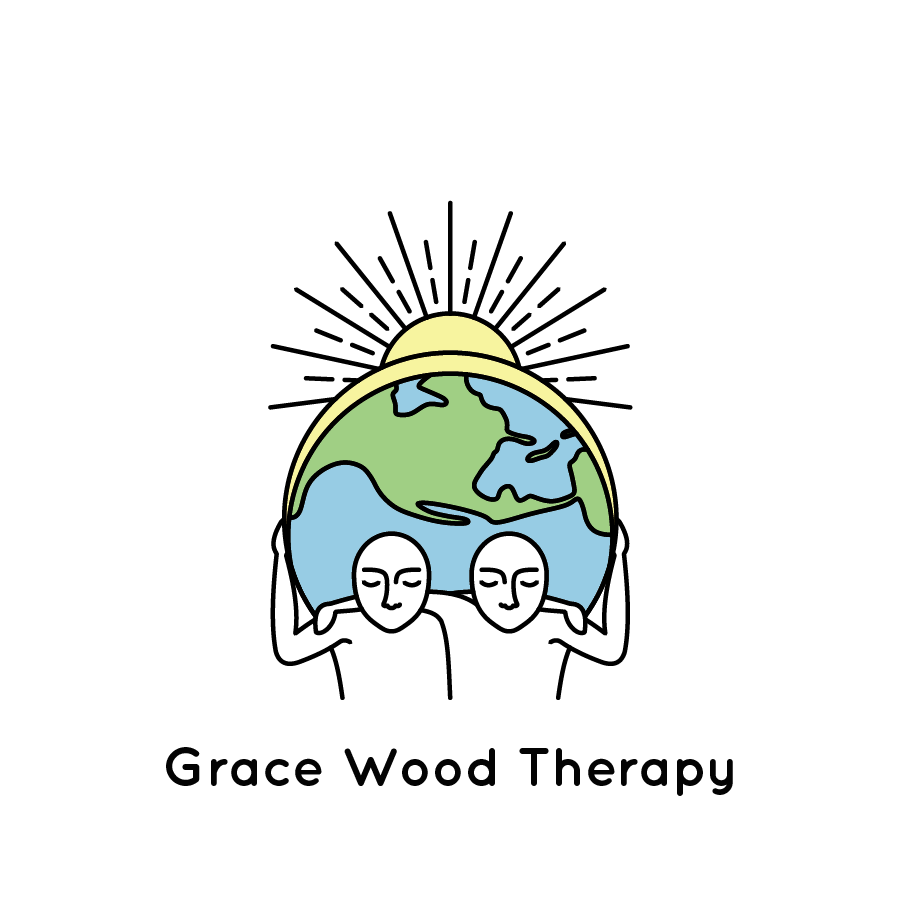I first learned about mindfulness during my sophomore year of college. My friends say that I changed a lot during college, and I think mindfulness is a big part of how that happened. I went to therapy because I was a complete mess. My therapist used mindfulness and CBT, and mindfulness is what stuck for me.
I remember one simple phrase that changed the way I think immensely. My therapist probably didn’t realize what the impact would be. In fact, I remember wrapping up with this therapist and he asked what had the most impact—when I told him, he didn’t even remember saying it. The phrase was: “we are not our thoughts or feelings”.
WHAT.
Of course, that sent me into an existential crisis, because what are we if not our thoughts or feelings? But that’s an issue for another time.
For now, I want to focus on what mindfulness is, how it changed me, and (more importantly) how it can help you.
The word “mindfulness” is thrown around quite a bit, and it can be difficult to pin down what exactly it is. Is it a fancy way of breathing? Is it meditation? Yoga? Buddhism? Self-compassion? Job Kabat Zinn, a big influence on Western mindfulness, defined it like this:
“mindfulness means paying attention in a particular way: on purpose, in the present moment, and nonjudgmentally.”
Yes, it is as simple as it sounds!
Practicing mindfulness doesn’t necessarily include sitting meditation, being Buddhist, breathing in a certain way, or anything else. It can include those things, and it is part of those things, but you can practice mindfulness all on its own. It is literally just a certain way of being.
To break down what Job Kabat Zinn said, mindfulness is noticing your present moment—the way your body feels, the emotions running through you, the thoughts in your head, and your surroundings. Often we are caught up in our thoughts and feelings without really noticing what they are. That’s why before I learned mindfulness, I felt like I was my thoughts and feelings. They were so tied to my sense of self, I couldn’t imagine that they weren’t me! Once you notice them and name them, it creates a sense of separation. Instead of just being angry, I notice that I’m feeling angry. Instead of obsessing about food, I notice that I’m hungry and my thoughts have turned to food. Instead of being consumed by sadness, I notice that I’m feeling sad about something. It doesn’t make the emotion go away; instead, it creates a bit of distance between myself and the emotion, allowing me to view it more objectively. As humans, our lives can feel like roller coasters. Mindfulness doesn’t take you off the roller coaster, but it does show you that there’s a roller coaster and you are on it.
The next piece he mentions is equally as important—”nonjudgmentally”. Another thing we tend to do is have a thought or feeling and follow it with something like “I can’t believe I’m still feeling this way, I’m so stupid”. That is a judgment. Even something like “I shouldn’t be thinking/feeling/breathing this way” is a judgment. Any time you use the word “should”, you’re placing a judgment on yourself.
So, we have a thought or feeling, and then we have a thought/feeling about that thought/feeling. How exhausting! Does that judgment change our original thought or feeling? No. Does it make us feel any better? Definitely not! Usually it makes us feel worse. We just don’t need to do that to ourselves.
If you’re noticing some “well…” or “but what about…”s coming up here, I totally get it. (Nice job being mindful and noticing those thoughts!) We’re taught from a young age to be critical of ourselves. This, we think, is accountability. It’s important for growth. If we don’t do it, how will we get better? How will we grow as humans?
The thing is, being self-critical, judgmental, and overall just mean to yourself does not help you grow. In fact, it does just the opposite. When we judge our thoughts and feelings, it often leads to us attempting to push those thoughts and feelings away. “I shouldn’t be feeling sad, so I’m just going to shove that into a corner”. Those of you who have seen the movie Inside Out know that doesn’t work well. Our emotions are trying to tell us something, and they don’t go away until we accept and feel them. It’s not fun. But it is actually way easier than pushing them away again and again.
When we try to push away or avoid certain thoughts, typically they just get louder and louder. Try, for example, to NOT think of an elephant right now. What’s the first thing that pops into your brain? My guess is that it was probably an elephant (and there’s research showing as much). Don’t worry, I’m thinking of elephants now too. Not only do our thoughts get loud and rowdy, they get really powerful when we place judgments on them. The more we decide that they’re wrong, annoying, immoral, or whatever judgment we are placing, the more power they have. When all of our thoughts are created equal, they can come and go as they please. None are amazing, none are evil. They just are. They’re just thoughts. They come and go like leaves on a stream. They are blissfully fleeting.
And there’s good news. Those thoughts are not you. Those feelings are not you, either. You are so much more.

